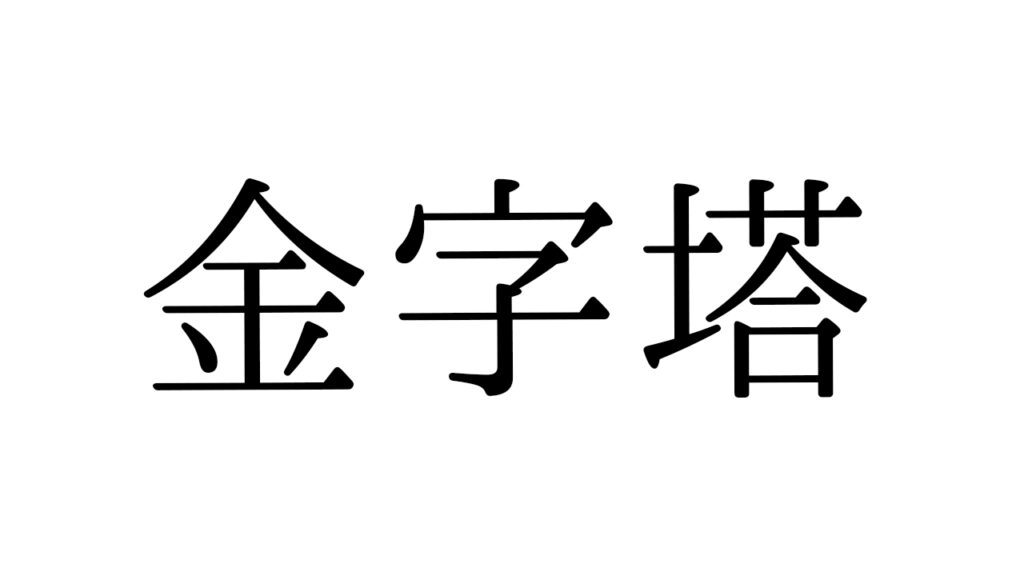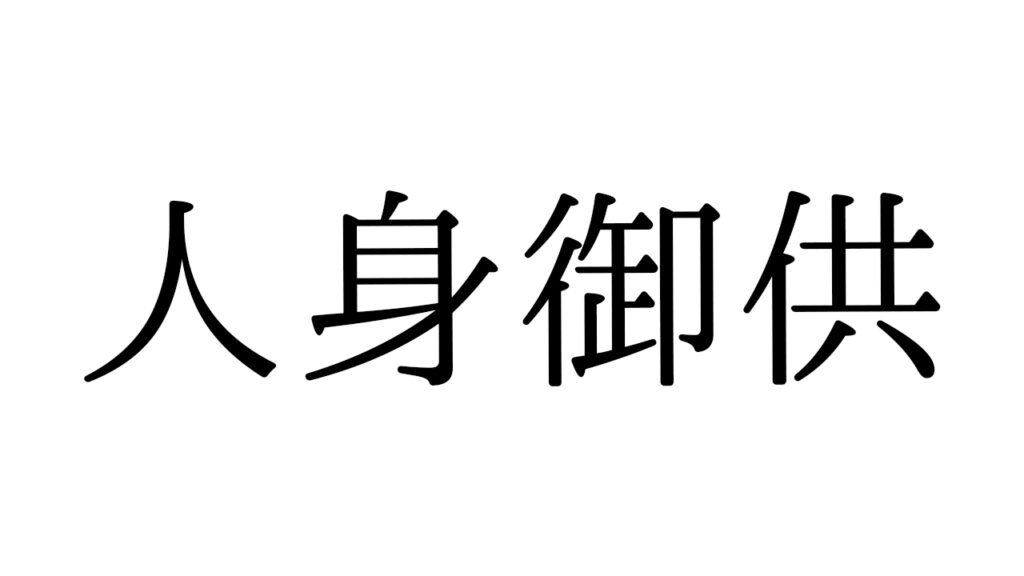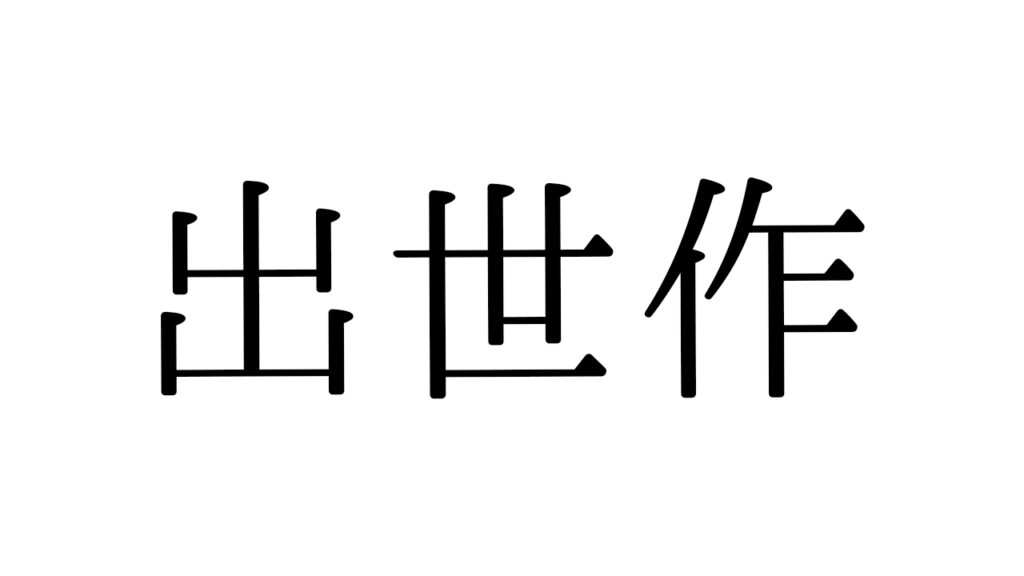In the rich landscape of the Japanese language, few terms capture the spirit of extraordinary accomplishment like “kinjitou” (金字塔).
A powerful metaphor for monumental success, kinjitou represents works or achievements that stand tall across time, especially in fields like art, science, and literature.
What Does Kinjitou Mean?
The word kinjitou blends two vivid images:
- Kinji (金字): Golden characters
- Tou (塔): Tower or pagoda
Together, they create the striking picture of a towering monument inscribed with golden letters — a lasting symbol of greatness and prestige.
Ancient Inspirations: From Pyramids to Pagodas
Interestingly, the idea behind kinjitou may trace its roots back to the pyramids of ancient Egypt.
These grand structures, built to immortalize the legacies of pharaohs, were believed to have been crowned with golden tops, shining brilliantly under the sun.
This enduring image of monumental achievement found new life in Japan’s own concept of kinjitou — a tribute to greatness that withstands the test of time.
How Kinjitou Is Used Today
The beauty of kinjitou lies in its versatility.
It’s used to describe towering achievements across a wide range of fields:
- In literature: “Shakespeare’s ‘Hamlet’ is a kinjitou of world drama.”
- In science: “Einstein’s theory of relativity stands as a kinjitou in modern physics.”
- In sports: “Usain Bolt’s world records are kinjitou in the history of athletics.”
- In technology: “The iPhone has become a kinjitou in the evolution of smartphones.”
Whenever you want to honor a creation or accomplishment that defines an era, kinjitou is the perfect expression.
More Than Words: The Cultural Heart of Kinjitou
Understanding kinjitou offers a deeper insight into Japanese values — particularly the profound respect for excellence, endurance, and legacy.
In a culture that honors both tradition and innovation, kinjitou stands as a bridge connecting the glories of the past with the hopes of the future.
It reminds us that true greatness is not a fleeting moment, but something that leaves a lasting imprint, inspiring generations to come.
Whether you’re discussing masterpieces of art, groundbreaking scientific theories, or transformative technological innovations, kinjitou beautifully expresses the pinnacle of human achievement — a monument to ambition, creativity, and enduring impact.


